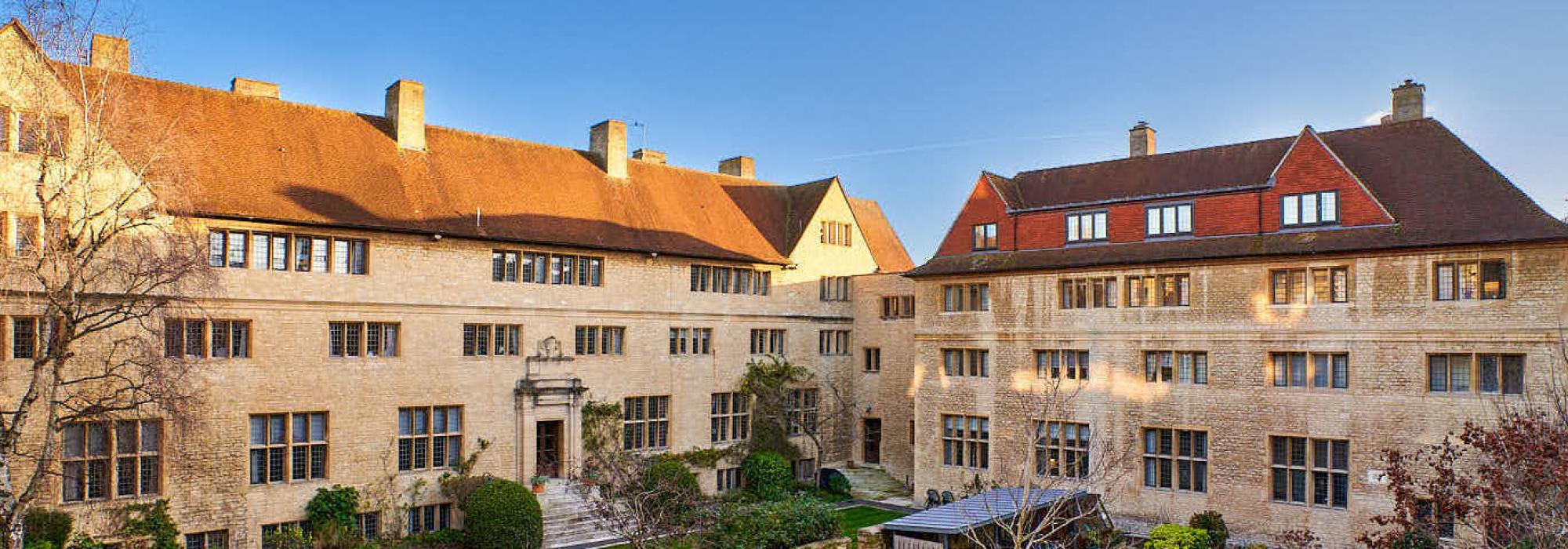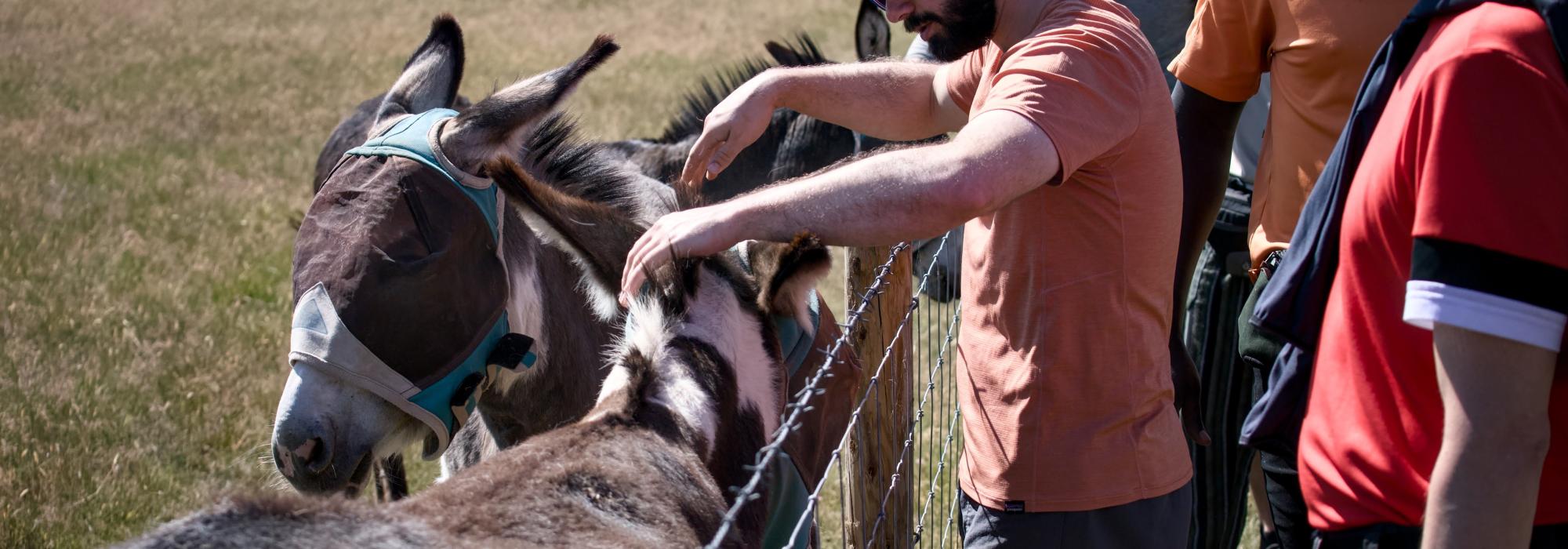...we have to realize that a true ecological approach always becomes a social approach; it must integrate questions of justice in debates on the environment, so as to hear both the cry of the earth and the cry of the poor. (Laudato Si', 49)
One Complex Planetary Crisis
Since its publication in 2015, Pope Francis’ encyclical ‘Laudato Si´: on Care for Our Common Home’ has had a significant impact globally. It has been inspiring and motivating people from all spheres of society, and has contributed to a new unifying call to think and act more holistically and systemically in a world characterised by interconnected forms of injustice.
Global crises are multiplying – deepening inequality, armed conflicts, new zoonotic diseases, rising authoritarianism, shrinking civic space, to name a few – all of which are framed (and exacerbated) by the wider context of climate change, biodiversity loss and ecological degradation. These crises cannot be addressed in silos; they demand an integrated response. As Laudato Si’ puts it, ‘if we are truly concerned to develop an ecology capable of remedying the damage we have done, no branch of the sciences and no form of wisdom can be left out, and that includes religion and the language particular to it.’ (§63)
Recognizing that ‘we cannot adequately combat environmental degradation unless we attend to causes related to human and social degradation’ (§48), Laudato Si’ proposes an innovative and constructive methodology to address both in an integrated way, what it calls the “integral ecology” paradigm. This new paradigm invites everyone to adopt a radical new awareness of the wisdom of those whose voices are not usually heard in the corridors of power, including indigenous and other marginalised peoples.
The insights of the integral ecology paradigm have already begun to be applied in the global policy arena, such as in the UN 2020 report ‘Our Common Agenda’ and the Human Development Report 2020: The Next Frontier: Human Development and the Anthropocene. But more remains to be done, not least in academia.




